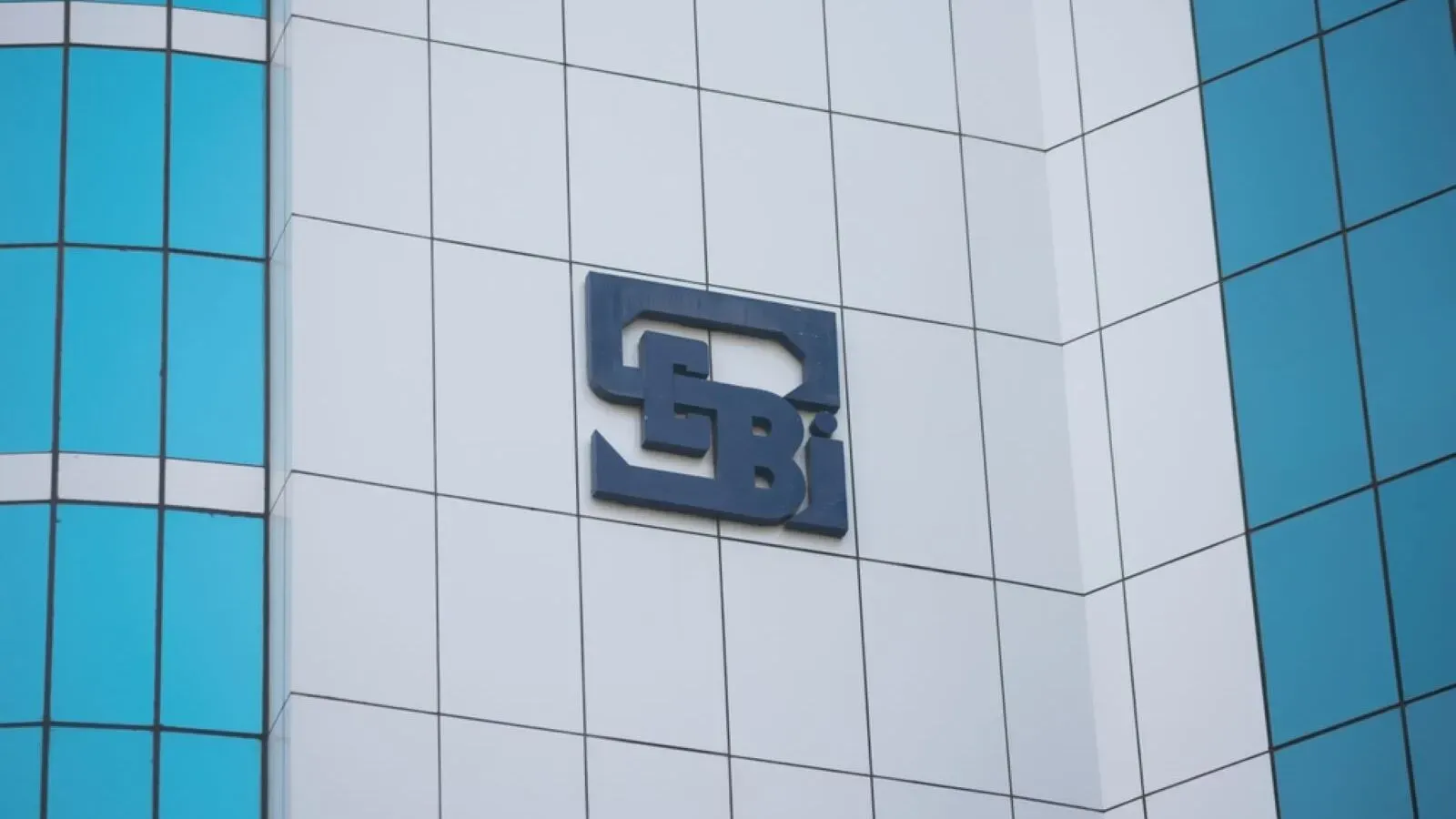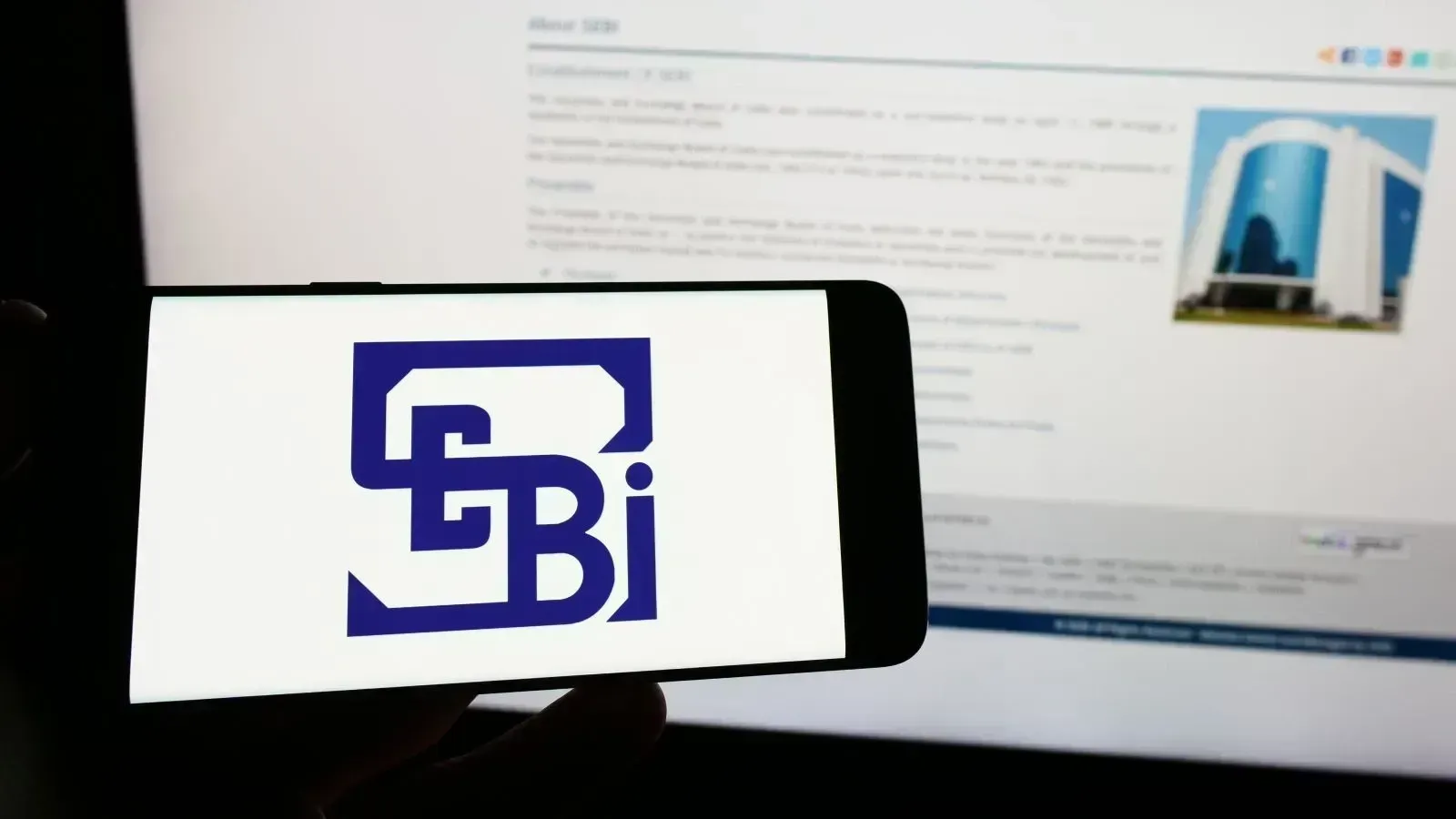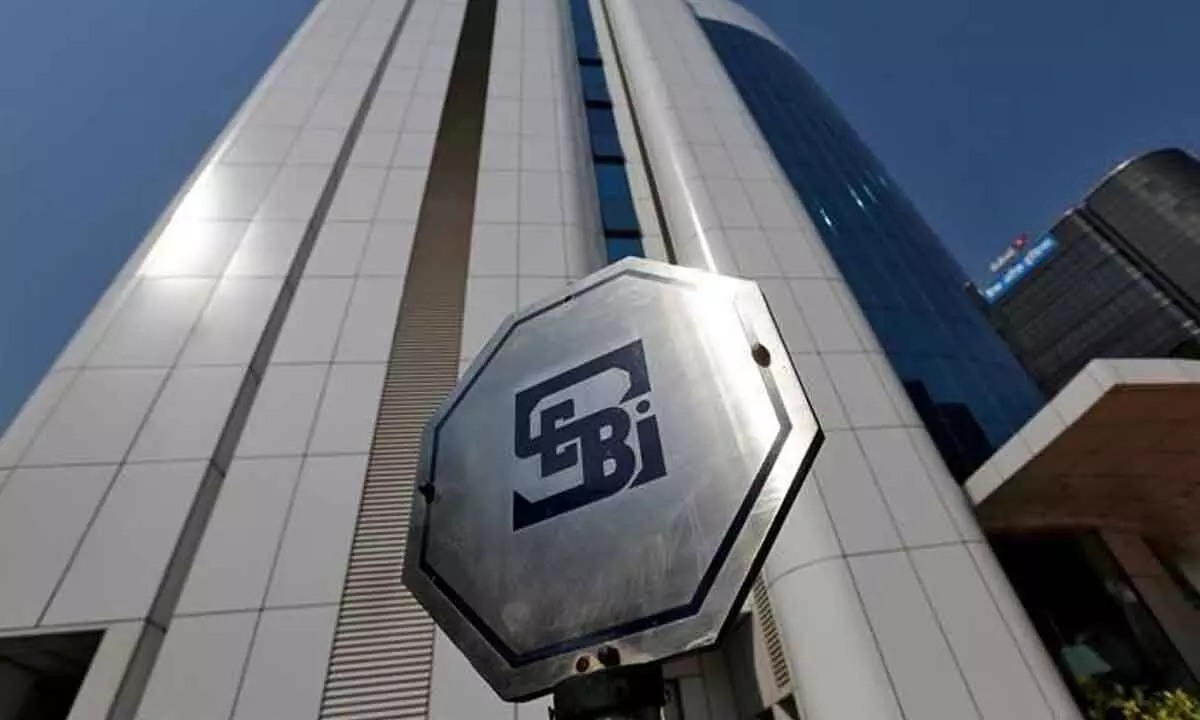Personal Finance News
SEBI’s proposed BSDA changes: Your quick guide to basic services demat accounts vs regular demat accounts
.png)
4 min read | Updated on November 25, 2025, 10:12 IST
SUMMARY
SEBI has proposed changes to BSDA facility, aiming to improve financial inclusion and ease of doing business for small investors. The key proposals revolve around the calculation of portfolio value for BSDA eligibility

The proposal, if implemented, would support the twin objectives of ease of investment and ease of doing business, SEBI said. | Image: Shutterstock
The Securities and Exchange Board of India (SEBI) has released a draft circular proposing several changes to the Basic Services Demat Account (BSDA) framework to make investing simpler and reduce compliance burden for both investors and intermediaries.
What's new in SEBI's BSDA proposal?
SEBI has proposed changes to BSDA facility, aiming to improve financial inclusion and ease of doing business for small investors.
The key proposals revolve around the calculation of portfolio value for BSDA eligibility
What is basic service demat account (BSDA)?
A basic service demat account, or BSDA, is a more basic version of a regular demat account. The facility was introduced by Sebi in 2012 for reducing the burden of demat charges on investors with small portfolios.
Key differences between basic service demat account and demat account.
- BSDA is a more basic version of a regular demat account. The purpose of BSDA is to promote financial inclusion and make investing affordable. SEBI states the objective as providing: “ease of investments”* and “ease of doing business” in the BSDA facility.
A regular demat account is designed for all types of investors, including frequent traders, promoters, high net-worth individuals, and investors with larger portfolios.
- BSDA is available only to investors who meet SEBI’s conditions, such as:
-
Having only one demat account where they are the sole holder
-
Holding securities up to a maximum threshold (SEBI currently uses ₹2 lakh as the limit)
Under the latest proposal, SEBI further clarifies which securities should not count while evaluating eligibility:
- The value of suspended securities, delisted securities and Zero Coupon Zero Principal bonds may not be considered for the purpose of determining eligibility of demat account as BSDA.
There is no eligibility restrictions for standard demat account. Any individual can open and maintain a standard demat account.
- For BSDA, annual maintenance charges (AMC) is much lower, depending on portfolio value:
-
₹0 if holdings are up to ₹50,000
-
₹100 if holdings are ₹50,001 to ₹2,00,000
This is the biggest advantage of BSDA.
In case of a regular demat account, AMC ranges from ₹300 to ₹800+ depending on the DP (Depository Participant).
- SEBI requires DPs to automatically convert eligible accounts into BSDA.
As per Sebi's draft circular: “DPs shall reassess the eligibility… at the end of every quarter and shall convert all such eligible demat accounts into BSDA unless such BOs specifically provide their consent…”
This ensures investors automatically receive the benefit.
No automatic conversion in case of a regular demat account. The investor must maintain the account type they selected unless they request a change.
- BSDA has special rules for how certain securities are valued:
-
Delisted securities are excluded
-
Suspended securities are excluded
-
ZCZP bonds are excluded
-
Illiquid securities are valued at last closing price
SEBI clarifies: “For illiquid securities, last closing price may be taken into account.”
No such valuation rules for regular demat account holders because eligibility does not depend on portfolio size.
- If the investor wants a regular demat account instead of BSDA, SEBI shall now permit broader consent channels: “the BO shall also have an option to submit consent… through any other authenticated and verifiable channel.”
No consent required; it’s the default format in case of regular demat account.
Markets regulator Sebi on Monday proposed a review of the facility for 'Basic Services Demat Account' to improve financial inclusion, suggesting that ZCZP bonds should be excluded from the portfolio value calculation used to determine BSDA eligibility.
The proposal, if implemented, would support the twin objectives of ease of investment and ease of doing business, the Securities and Exchange Board of India (Sebi) said in its consultation paper.
The regulator has invited public comments on the proposals until December 15.
Related News
By signing up you agree to Upstox’s Terms & Conditions
About The Author
Next Story




